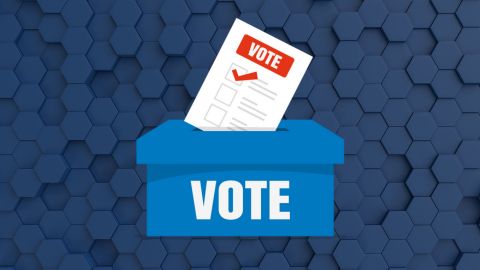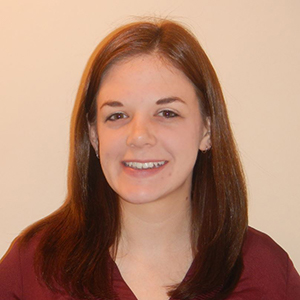Getting the most out of your student–adviser relationship
I knew from the beginning of graduate school that a strong relationship with your research adviser is pivotal to success. However, when I first started my Ph.D., I found myself unprepared for meetings, unsure of what to talk about, and nervous that I wasn’t going to answer my adviser's questions correctly.
For some reason, I was worried that I would fail some imaginary test and be a huge disappointment. Our meetings were sporadic and usually occurred only when I was really struggling with an experiment.
Over time, we changed our meeting schedule to a more regular pattern. This allowed me to plan and produce agendas with topics to discuss. We exchanged drafts of goals and to-do lists. This made a huge difference in how we interacted and increased the work I was able to complete.
Here are some rules of thumb for getting the most out of your relationship with your adviser.
Make it official.
You should insist on meeting regularly — even if you think you have nothing to talk about. Meeting can help you get around a mental block, and frequent meetings will give you motivation to make meaningful progress. They also help your adviser keep up with your work.
I now share my results as soon as possible, because I then can learn about mistakes early in the process and ensure that I continue to keep my research headed in the right direction.
Schedule the meeting.
Every student-adviser relationship is unique, so maybe a set weekly meeting time will not work with your adviser’s schedule. Early in the mentoring relationship, you should figure out the most efficient way to initiate discussions and share information. With clear communication, you and your adviser should both feel comfortable pointing out areas that could be improved. It takes time and effort from both parties to optimize the relationship for success.
Always allow sufficient time for your meeting, because effective problem solving takes time!
Prepare for the meeting.
Everyone is busy, especially research advisers. When it comes to weekly (or biweekly) meetings, it is important to be proactive. Bring a list of topics to discuss, a summary of your results, a list of upcoming deadlines, and your plan for the future. You may run out of time to talk about everything on the list, but you can always follow up with an e-mail to discuss your less crucial questions.
Drive the meeting.
Over the years, I also learned to be specific. What kind of feedback are you looking for? Do you need help interpreting a result, or are you simply sharing a summary? Be direct with your questions. Soon, I was no longer afraid to run the meeting.
Advisers are not mind-readers, so don’t be afraid to ask about a conference you want to attend or a grant you would like to apply for. Ask for what you want. Along those lines, be sure to address concerns early.
Clear communication is crucial in any relationship, and you are allowed to state clearly objections or concerns to your adviser. Failing to address problems early can lead to increased frustration. While it’s not always easy to talk about problems, avoid the temptation to deal with issues over e-mail, because face-to-face meetings decrease miscommunication.
Establish benchmarks.
Unlike undergraduate studies, graduate school can be unstructured, and it’s easy to feel lost and overwhelmed. Take notes during the meeting, and be sure to set clear goals.
At first your adviser may feel more like a manager and will tell you exactly what you should do next. Know that your student-adviser relationship will change as you grow into an independent scientist.
It’s important to develop a compatible working style and establish open communication. Before long, your student-adviser relationship will feel more like a peer relationship and you will be well on your way to accomplishing your goals.
Enjoy reading ASBMB Today?
Become a member to receive the print edition monthly and the digital edition weekly.
Learn moreFeatured jobs
from the ASBMB career center
Get the latest from ASBMB Today
Enter your email address, and we’ll send you a weekly email with recent articles, interviews and more.
Latest in Careers
Careers highlights or most popular articles

Calendar of events, awards and opportunities
Nominate colleagues for the ASBMB annual awards and your favorite molecule for our inaugural contest!


Let’s make ASBMB awardees look more like BMB scientists
Think about nominating someone outside your immediate network.

Calendar of events, awards and opportunities
It's time to vote in the society's election, and time's running out to nominate colleagues for the ASBMB annual awards.

Calendar of events, awards and opportunities
Apply for our Advocacy Training Program by April 19. Plus, submit your entry for molecule of the year!

So, you went to a conference. Now what?
Once you return to normal lab life, how can you make use of everything you learned?

